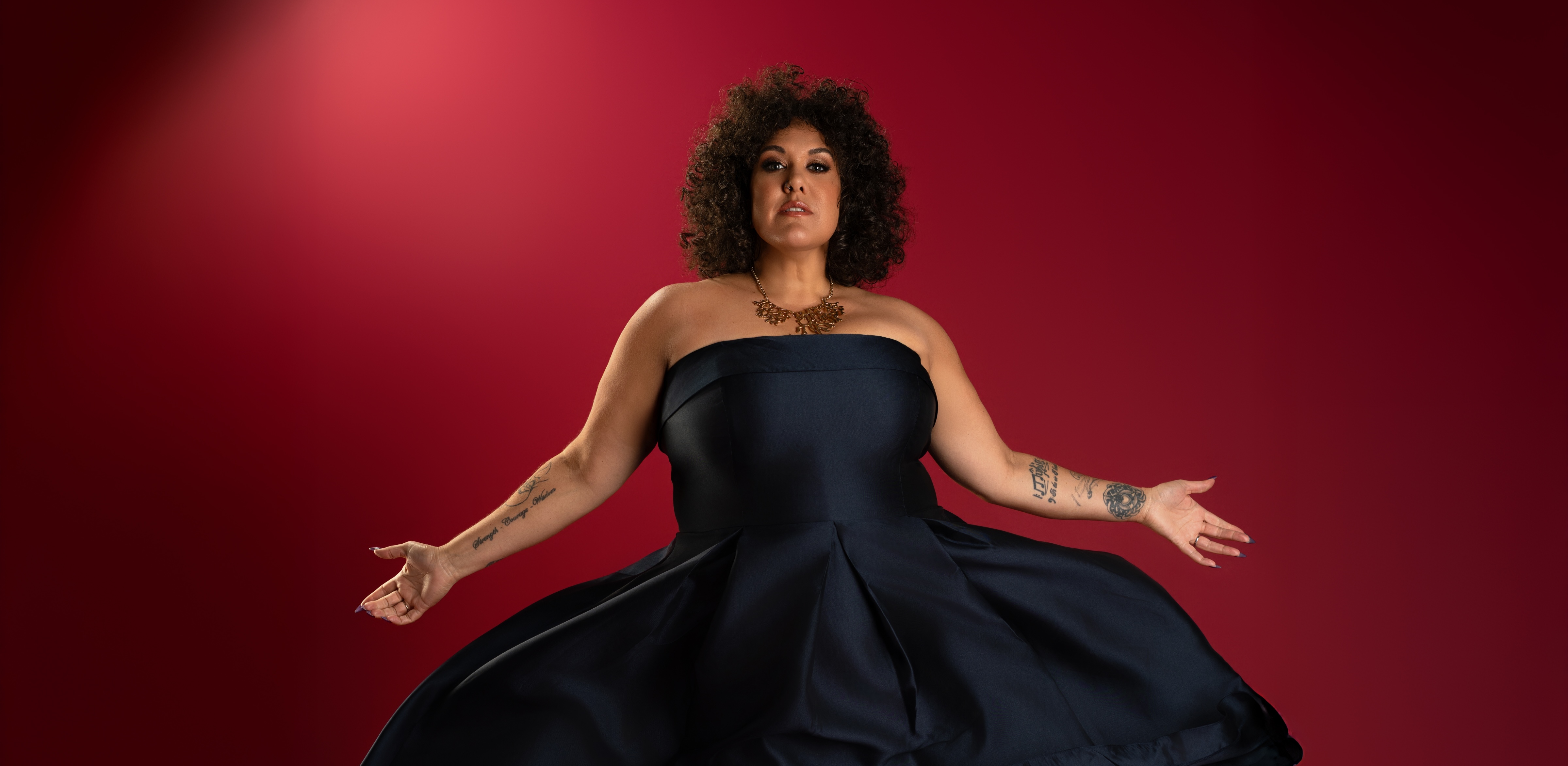
4 minute read
Casey’s Next Act
Indigenous singer, musician and actress, Casey Donovan says that it is a pleasure to mentor a musician, sharing her love of the art and encouraging growth.
She says that she feels that scholarship programs such as the Indigenous Storytellers Scholarship are important for First Nations artists because they're a stepping stone towards a bigger, brighter future.
“They're ways in which you can meet people that are in certain positions to ask all of the questions and create rapport,” she says. “Having those connections with people within certain parts of the world certainly help.”
Casey came to music slightly later, she says, only realising the potential of her family’s musical background while she was in high school.
While she came from a musical family – her father Merv was part of a First Nations musical group called The Donovans – music wasn't a big thing in her life until she hit early adolescence.
Her parents divorced when she was two years old and she grew up with her mother and stepfather, which meant she didn’t have much contact with her father’s family or her Indigenous relatives.
Only 16 years old when she won Australian Idol, Casey remains the show’s youngest ever winner, and says that achieving stardom at such a young age was both a blessing and a curse, but “it's shaped me to be the person I am today”.
The Idol win also helped her to reconnect with her Indigenous roots.
“Going back to Country, for me, was something that I had to do when I turned 18. It was after Idol, and making that personal journey to go back to Country was pretty special for me and meeting family. And I think that's what has strengthened me as a person and also an artist.”
She says she recognises that she is a role model for many young Indigenous musicians.
“I think it comes with the territory,” she explains. “I mean, I am far from perfect, but I always try and lead with kindness and as a good example. And yeah, I think it's important to have good role models or people that you can go, ‘oh, wow, I really like that they gave something a try and they're doing something’. It opens up lots of spaces for different people. And I love that.”
“I think it's really important for people to be able to have those avenues to ask questions and be a scholar in something that's pretty amazing and unique.”
“I just want people to learn and grow. Doing things outside of your comfort zone is so important for those next steps in your life – throwing caution to the wind and just getting out there. It's scary and I feel like that's what I've done with my whole career. I just keep trying, keep getting up and keep persisting.
Casey’s career has been quite the ride – Australian Idol was followed by many chart-topping singles and albums, a transition into musical theatre, along with memorable live performances at significant events.
She’s now been in the public eye for just over 20 years, and says she is now in a position to give back to her community, to honour her Indigenous background and celebrate all that is beautiful and wonderful about music by acting as a mentor for the scholarship’s music finalist.
“I think that through this mentorship, it's really important to have truth and honesty and transparency into what the world can be like, but also finding the positives. I think throughout my career I've been able to find those positives and be able to step up, ask questions and grow.”
“You're continuously growing in this industry, and I think that it’s really important to have open doors and open conversations with people.”
Casey says she thinks the mentorship associated with the scholarship will add perspective to the career challenges of the mentees.
“More people coming to an idea is better because you get to troubleshoot and you get to talk about it and see different sides of people's thoughts, really. The arts is all about collaboration. And I think mentorship falls under collaboration.”
“For me, this scholarship is an amazing experience and opportunity for people to learn and grow and have another voice and helping hand.”
Writer | Lynne Testoni

